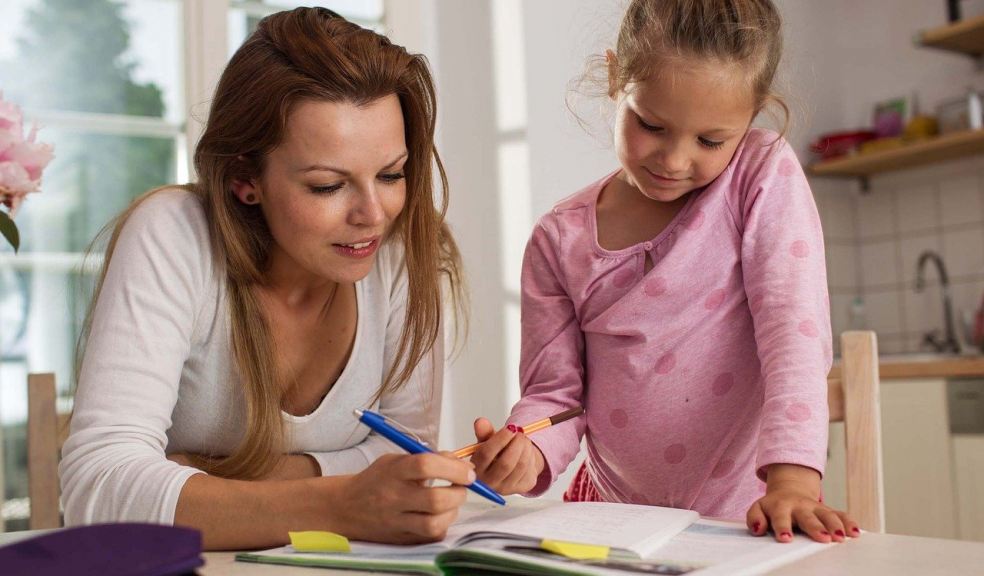
Everything to know about parental responsibility in the UK
There are strict laws regarding parental possession of the child in the UK. You may be new to the place or do not know the Parental Responsibility laws barring you from seeking possession of your child.
We get you and are here to help. Find everything about Parental Responsibility in this article.
Introduction
Parental responsibility can be described as "all the powers, rights, responsibilities, duties and authority that a parent has regarding a child and his property." However, this definition is very legalistic and doesn't explain what Parental Responsibility means.
To simply understand, with Parental Responsibility, you have:
- Safeguard and ensure your child's best interests
- A responsibility to keep your child in your house
- The authorization to supervise your child's belongings.
- The right to make significant choices about your child's life
What Decisions Can You Make as a Parent?
Practically speaking, Parental Responsibilities give you more control over the upbringing of your child. This means that you can make major decisions about your child's future. For example:
- The school they study at
- The religion they are associated with
- Their official name
- The choice of medical treatment when the kids fall ill
- The decision to take them overseas
- Selecting their legal caretaker
- Disciplining them
- Whether they should change the name through deed poll or not.
If there are such issues where multiple parents possess this responsibility, all parties must participate in the decision-making process and agree to it. However, this does not mean that one parent has to manage every aspect of the child's care conflicting with the other parent.
If a major decision is needed, such as whether a child can travel abroad, all parents with Parental Responsibility must agree.
Simply put, if you don't have the power to make significant decisions about your child's future, you don't have Parental Responsibility. This means that if one parent wishes to take their child overseas for a prolonged time, you can't restrict them from doing so.
This also means that you cannot access your child's medical records, get directly involved in the legal matters of your child, or take care of their property.
You still have a legal obligation to support your child's financial well-being, regardless of whether or not you have Parental Responsibility or not. You also may not have the right to contact your child just because you have parental responsibility.
Eligibility Criteria
If you're the child's biological parent in the United Kingdom, you have Parental Responsibility by default.
The people mentioned below also qualify:
- A dad if he was with the mother of the child during the time of birth
- An unmarried dad if he registered the child's birth with the mother
- Partners of same genders if they were married during the child's birth, involved together during fertility treatment, or involved in a civil partnership.
Steps Involved
There are many ways to get Parental Responsibility if you don't have it. You need to be in contact with the child in any way you can, whether it's as their step-parent, same-sex grandparent, or father.
If you fit the above criteria, here is how you can get Parental Responsibility:
- If you are a same-gender parent or father, you need to re-register your child's birth in your combined names.
- You can enter into a Parental Responsibility contract with the mom.
- If the above two options do not apply to you, the only option that remains is to get a Parental Responsibility Order from the court.
If you're the child's biological father, you can get Parental Responsibility by marrying the biological mother. Then, get a Child Arrangement Order mentioning that the child lives with you. This will let you have parental responsibility for your biological child.
In certain circumstances, the Court or the Local Authority can take Parental Responsibility for children.
Still have questions regarding Parental Responsibility? Ask us in the comments!











